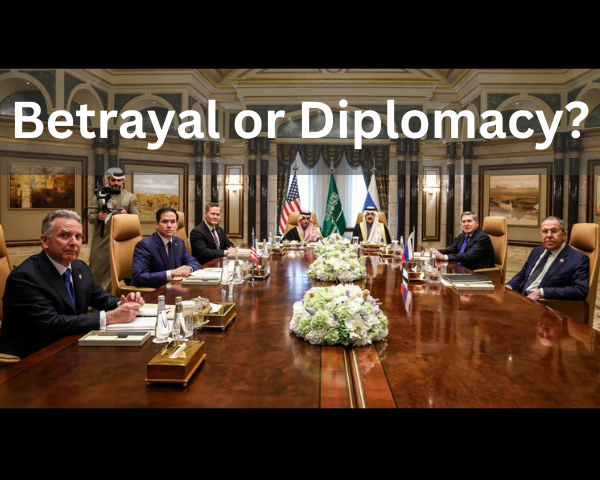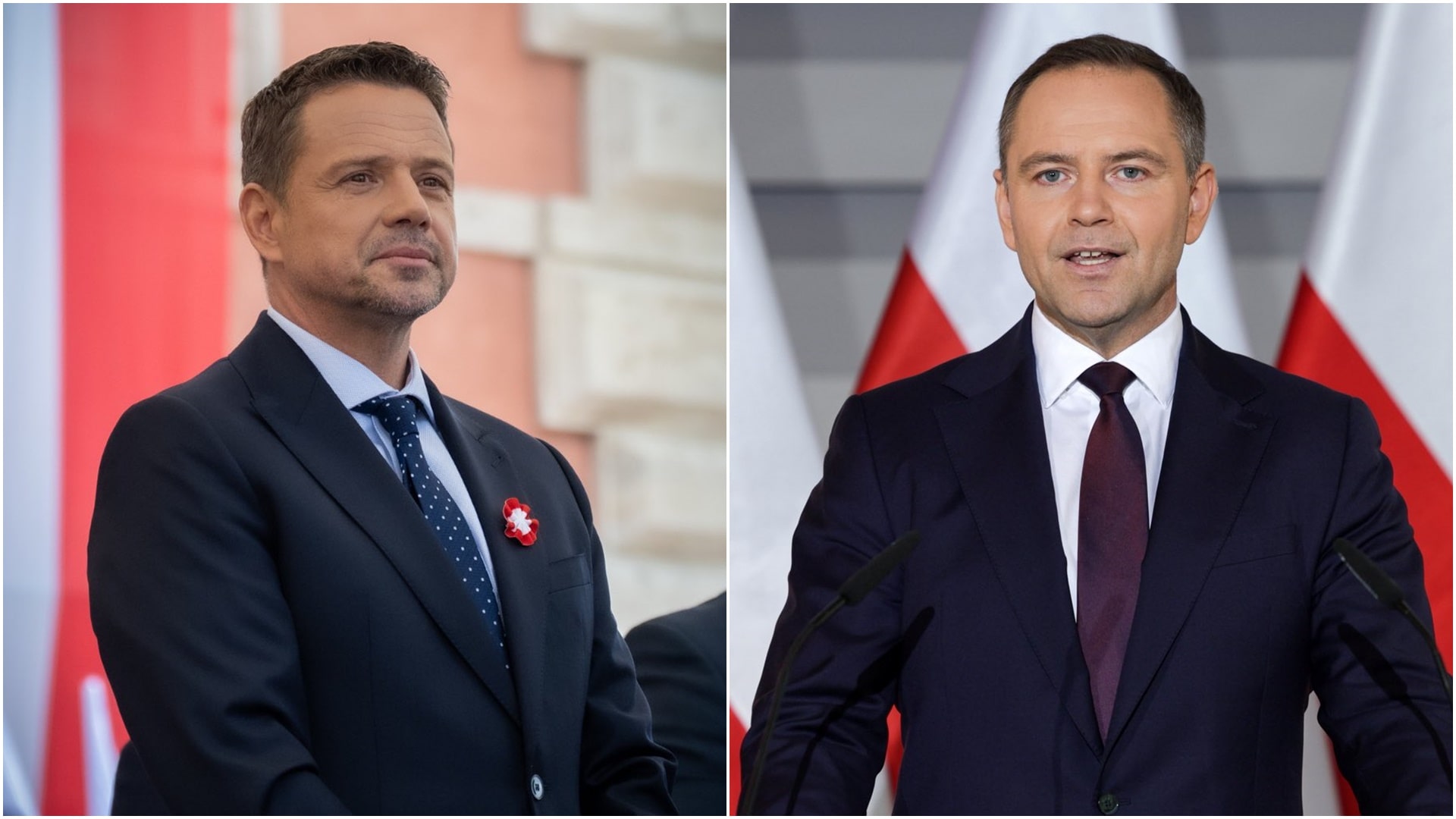The recent high-level talks between US and Russian delegations in Riyadh have sparked controversy and concern across Europe and Ukraine. For the first time since the beginning of the war in Ukraine, senior officials from Washington and Moscow have sat down to discuss the future of diplomatic relations and possible steps toward peace. However, the absence of Ukrainian representatives has raised alarms about the legitimacy and fairness of these discussions.
The Riyadh Talks: A Shocking Development
The meeting in the Saudi capital, held behind closed doors, brought together Russian Foreign Minister Sergey Lavrov and Presidential Advisor Yuri Ushakov on one side, and National Security Advisor Mike Waltz, Secretary of State Marco Rubio, and Special Middle East Envoy Stephen Witkoff from the United States on the other. While neither side expected a breakthrough, both emphasized that the purpose was to explore whether meaningful dialogue could be resumed.
A US State Department spokesperson, Tammy Bruce, clarified that this meeting was essentially a continuation of a phone conversation between former President Trump and Russian President Vladimir Putin. The US aimed to test whether Moscow was serious about resuming discussions, while Russia maintained a “business-oriented” approach, emphasizing that formal negotiations had yet to be agreed upon.
Ukraine Left Out: A Diplomatic Disaster?
Perhaps the most controversial aspect of these talks was the lack of Ukrainian or European Union representation. This exclusion has infuriated Ukrainian President Volodymyr Zelensky, who declared that Kyiv would not recognize any outcomes from a negotiation in which Ukraine had no voice. European capitals have also reacted with frustration, fearing that key security decisions about the region might be made without their involvement.
The talks echo historical betrayals, most notably the agreements made at the Yalta Conference in 1945, where Western leaders made decisions about Poland’s future without Polish input. For many in Eastern Europe, the situation unfolding in Riyadh raises disturbing parallels to past deals where major powers prioritized their own interests over the sovereignty of smaller nations.
Is Trump Playing into Putin’s Hands?
Critics argue that the entire process appears to be orchestrated in a way that benefits Russia. Trump has long been accused of being soft on Russia, with allegations of his administration favoring Russian geopolitical interests. The decision to hold negotiations without Ukraine fuels concerns that the US, under Trump’s influence, may be seeking a deal that is favorable to Putin rather than a truly just resolution to the conflict.
By excluding Ukraine, the negotiations suggest an implicit recognition of Russia’s territorial advances, a position that many fear could lead to forced concessions from Kyiv. For Putin, this could be an enormous diplomatic victory, signaling that the West is willing to negotiate over Ukraine’s fate without its input.
What Does This Mean for Europe?
The implications for Europe are enormous. If the US is willing to engage in direct talks with Russia while sidelining European allies, it undermines the very foundation of transatlantic cooperation. NATO countries, particularly those bordering Russia, such as Poland and the Baltic States, now face an even greater sense of insecurity.
This development also raises questions about the future of EU foreign policy. With Washington seemingly taking unilateral steps, European nations may be forced to act independently in supporting Ukraine. Some experts suggest that the EU must bolster its defense capabilities and prepare for the possibility that US support for NATO could wane further.
Conclusion: A Dangerous Precedent?
The Riyadh talks may not have led to immediate agreements, but they set a dangerous precedent for diplomacy moving forward. The exclusion of Ukraine not only weakens Kyiv’s negotiating power but also signals to Moscow that its aggressive strategies are yielding results. If history has taught us anything, it is that negotiations conducted without the direct involvement of those most affected often lead to further instability and conflict.
Europe must now decide how to respond. Should it trust the US to negotiate in its best interest, or should it take a stronger, independent role in shaping the future of European security? One thing is certain: the fate of Ukraine should never be determined without Ukraine at the table.





